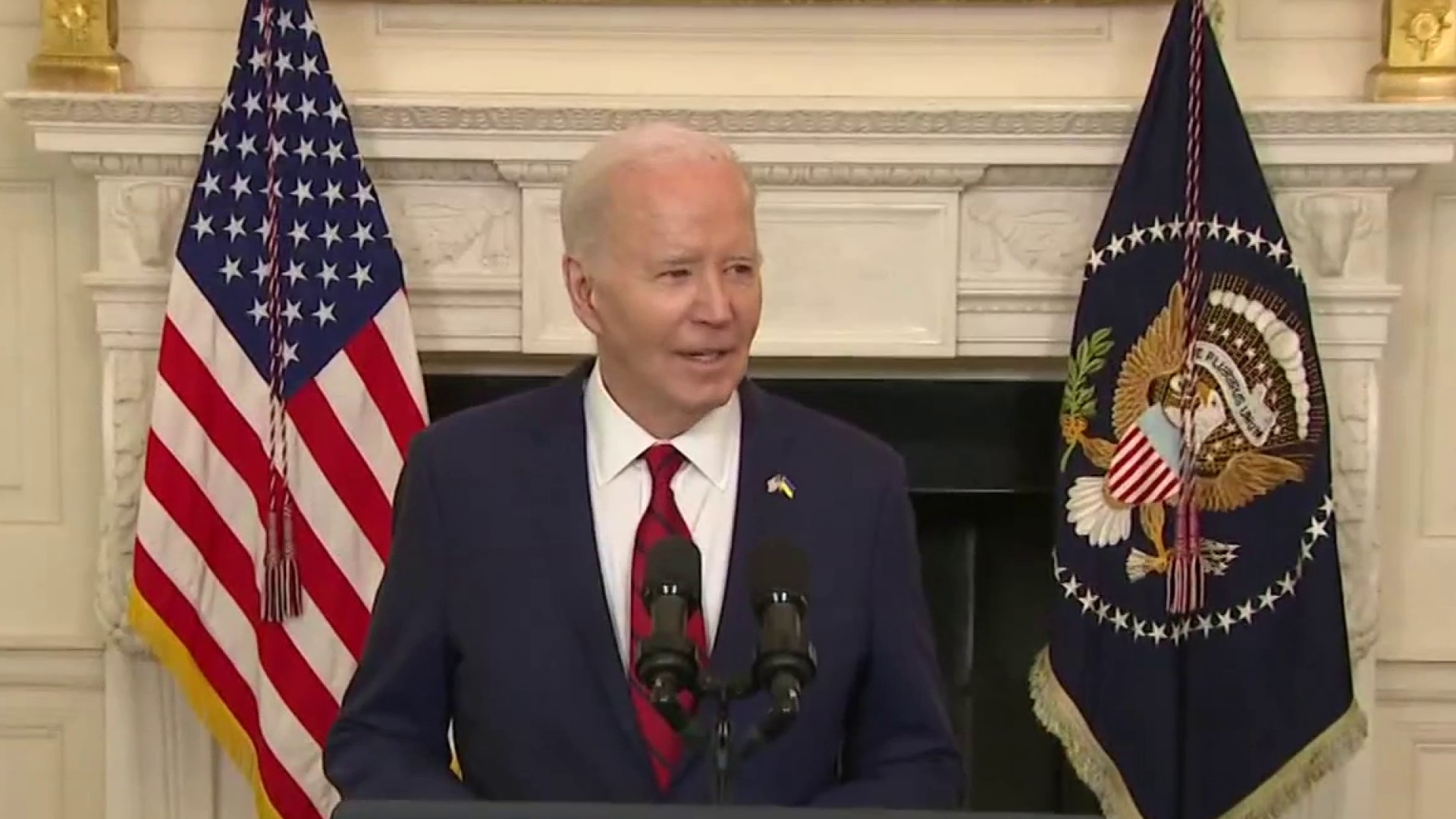Fairfax County is stepping up its efforts to train employees and residents in how to administer a drug that can reverse the effects of heroin and opioid overdoses.
At the Fairfax-Falls Church Community Services Board offices Tuesday, trainers first offered instruction on how to recognize symptoms of an overdose. But the centerpiece of the lesson is the "REVIVE!" kit, a zippered pouch containing instructions on how to treat an overdose victim. When stocked with the medication, naloxone and a special nasal syringe, the kit can be life-saving.
Students in the class practiced on a dummy -- first rescue breaths, then administering the naloxone into both nostrils. Some who get the training are parents who've seen their own children overdose.
"This is a great thing for a family member," said Peggy Cook, the director of Residential Treatment Services for the Community Services Board. "It gives them something they can do. They don't feel quite as helpless. It's something they can do to protect their loved ones."
C.W. Tillman works for Fairfax County but first saw the impact of drug overdoses as a teen living in rural Missouri. He said he's now ready to use the naloxone if called upon.
"If we can save one life through the injection, that's a life worth saving," he said.
Finding naloxone at local drugstores can still sometimes be challenging, so the Community Services Board will help provide naloxone from its pharmacy for those who take the class.
Local
Washington, D.C., Maryland and Virginia local news, events and information
The hope is that 2016 could be the year the number of overdose deaths in the commonwealth begins to plateau or reverse. In 2014, 785 Virginians died from heroin or opioid overdoses, and 2015 could record more than 850 deaths.
But in Loudoun County, a focus on the overdose epidemic may be starting to pay off. There, while overdose incidents are still climbing, deaths are down 30 percent. The sheriff's office just deployed naloxone with 31 of its deputies. Those trained to use the medication patrol in the more rural, western portion of the county, where deputies often arrive at an overdose scene before other first-responders.
Deputy Alex Kowalski said she encounters two to three overdose incidents a month on her patrols. She welcomes the naloxone, which is now tucked into a special pocket in her vest.
"That's just a great other tool on my tool belt which is always going to be right here," said Kowalski, gesturing to the pocket. "We're super excited to have it."
Sheriff Mike Chapman said the effort is just a pilot program for now but could be expanded if it pays dividends.
"We're just trying to make sure we hit everything from a comprehensive standpoint so it's not only about law enforcement. It's about prevention, education and in this case, life saving," Chapman said.



